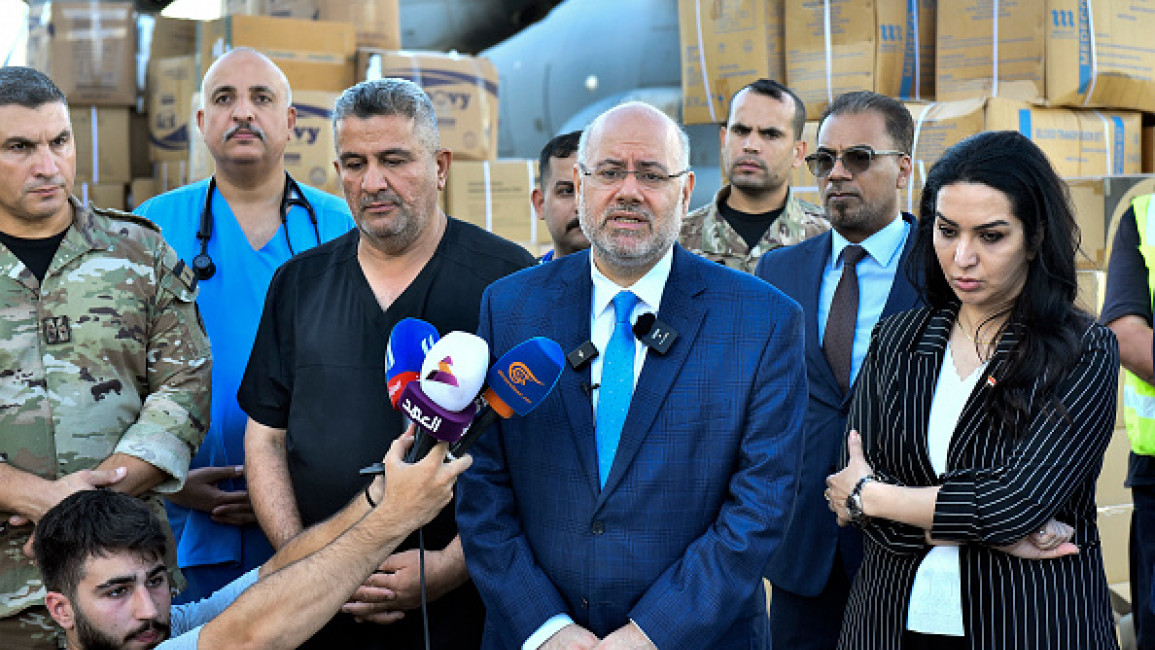Two children among 12 dead in Lebanon pager blasts: minister
Exploding pagers claimed the lives of 12 people in Lebanon, including two children, the country's health minister said on Wednesday, updating the toll a day after the blasts blamed on Israel.
Hundreds of the wireless devices exploded simultaneously across Lebanon on Tuesday, hours after Israel said it was broadening the aims of the Gaza war to include its fight against Hamas ally, Hezbollah.
Israel has yet to comment on the unprecedented attacks.
On Wednesday, Lebanese caretaker Health Minister Firass Abiad said 12 people were killed and between 2,750 and 2,800 others were wounded, revising the toll up from nine dead.
"After checking with all the hospitals", the toll was revised to "12 dead including two children", Abiad told a news conference.
The dead included a girl and a boy, as well as four health workers from private hospitals in Beirut's southern suburbs who had pagers, he said.
Abiad said that "the attack was very big" with about 2,800 wounded people pouring into Lebanese hospitals "within half an hour".
The pagers went off in the Iran-backed Hezbollah group's main strongholds of southern Beirut and Lebanon's east and south.
Some cases in Lebanon's eastern Beqaa region were transferred to Syria, while other cases would be evacuated to Iran, he added.
About 750 wounded people were in the south, around 150 were in the Beqaa and some 1,850 were in Beirut and its southern suburbs, he said.
"A little less than 300 patients are in critical condition" with some suffering from face injuries and brain haemorrhaging, Abiad said.
"The wounded who arrived at the emergency room were not all young men. We saw children and elderly people," Abiad said.




 Follow the Middle East's top stories in English at The New Arab on Google News
Follow the Middle East's top stories in English at The New Arab on Google News
![The US vetoed a UN Security Council (UNSC) resolution demanding a ceasefire in Gaza [Getty]](/sites/default/files/styles/image_330x185/public/2185152251.jpeg?h=7ef8ac04&itok=RpLSj2pu)

![An attack by paramilitary forces in Sudan has killed at least 40 people [Getty]](/sites/default/files/styles/image_330x185/public/2182364341.jpeg?h=a5f2f23a&itok=r8Fkhxdj)